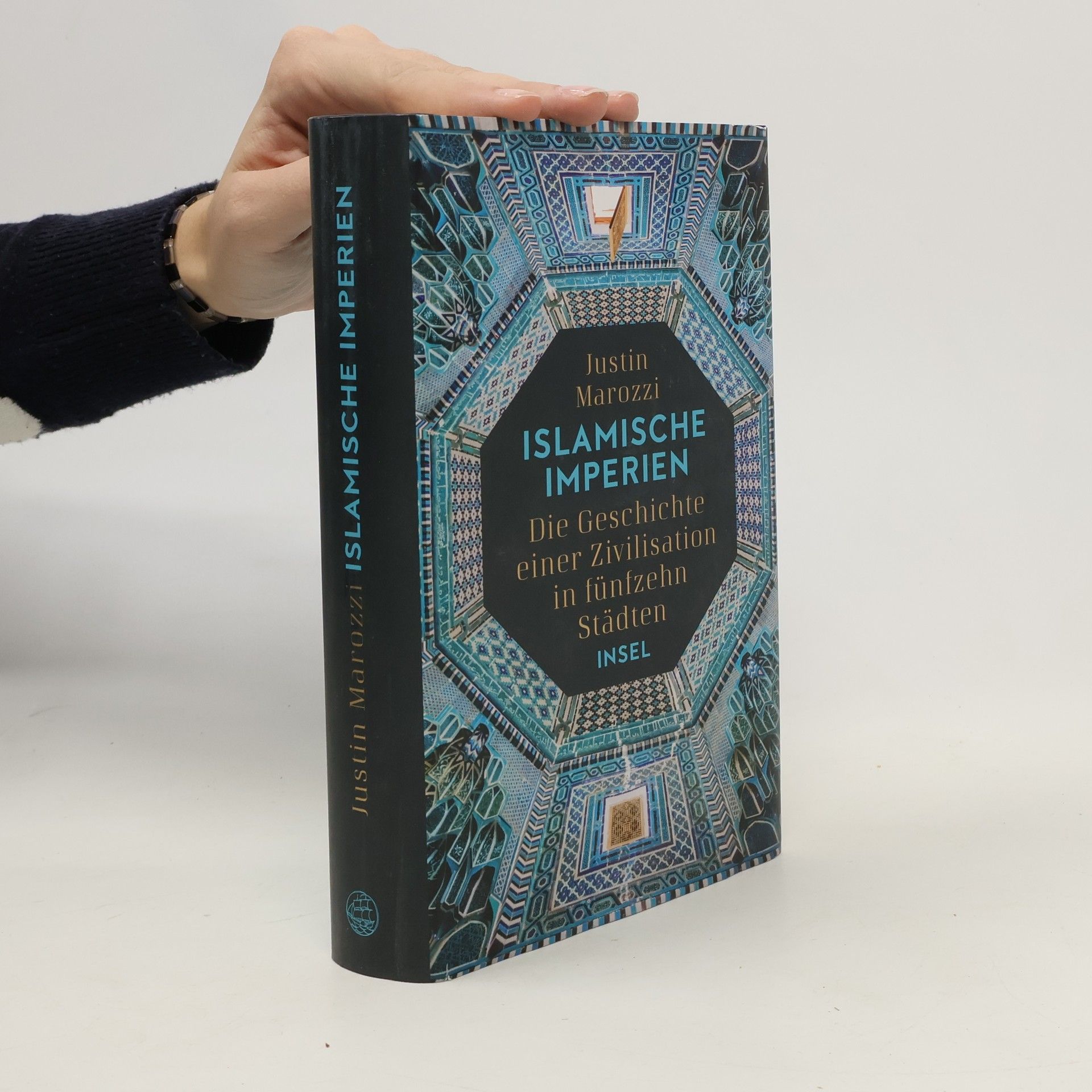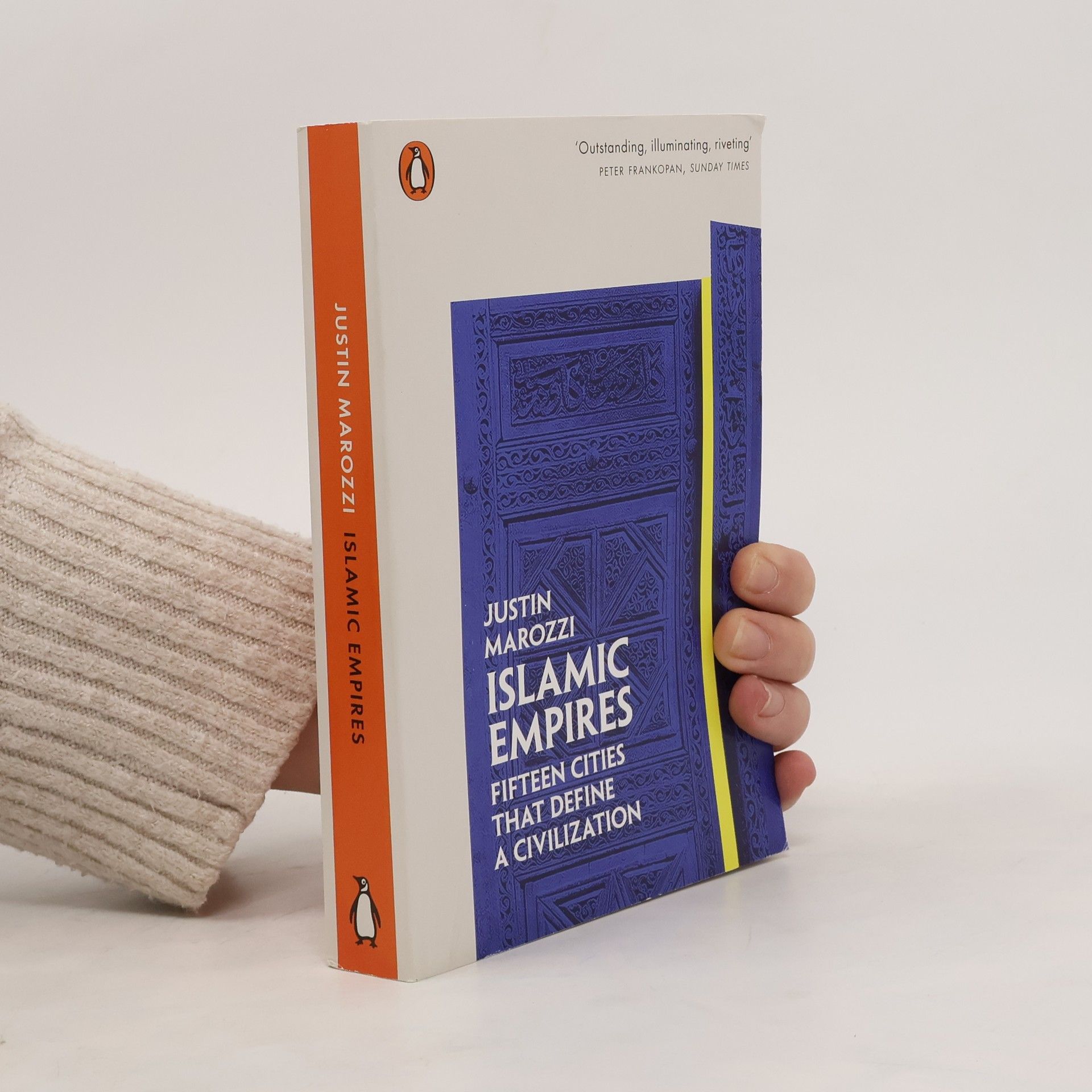An anthology celebrating the rich and captivating history, culture and politics of Afghanistan.
Justin Marozzi Livres
Justin Marozzi est un écrivain de voyage, historien et journaliste distingué dont le travail explore souvent le Moyen-Orient et le monde musulman. Avec une profonde compréhension des paysages culturels et politiques complexes, Marozzi entreprend des voyages pour découvrir des récits oubliés et explorer les contextes historiques qui façonnent le présent. Son écriture se caractérise par une perspicacité pointue, une narration captivante et une aptitude à relier les expériences personnelles à des événements historiques plus larges. Ses livres invitent les lecteurs à des explorations aventureuses à travers l'histoire et la vie contemporaine.





The story of the Muslim conquests of the 7th and 8th centuries AD, when armies inspired by the new religion of Islam burst out of Arabia to subjugate the Levant, southwest Asia, North Africa and the Iberian peninsula, destroying two great empires in the process.
A history of the rich and diverse civilizations over fifteen centuries of Islam seen through its greatest cities. Islamic civilization was once the envy of the world. From a succession of glittering, cosmopolitan capitals, Islamic empires lorded it over the Middle East, North Africa, Central Asia and swathes of the Indian subcontinent, while Europe cowered feebly at the margins. For centuries the caliphate was both ascendant on the battlefield and triumphant in the battle of ideas, its cities unrivaled powerhouses of artistic grandeur, commercial power, spiritual sanctity, and forward-looking thinking, in which nothing was off limits. Islamic Empires is a history of this rich and diverse civilization told through its greatest cities over the fifteen centuries of Islam, from its earliest beginnings in Mecca in the seventh century to the astonishing rise of Doha in the twenty-first. Marozzi brilliantly connects the defining moments in Islamic history: from the Prophet Mohammed receiving his divine revelations in Mecca and the First Crusade of 1099 to the conquest of Constantinople in 1453 and the phenomenal creation of the merchant republic of Beirut in the nineteenth century, and how this world is continuing to change today.
Islamic Empires
- 464pages
- 17 heures de lecture
Marozzi's expertly crafted narrative captures the rich, varied and often complex nature of Islamic civilization by offering glimpses of not just its leaders and their institutions but also its cultural shifts through history
Islamische Imperien
Die Geschichte einer Zivilisation in fünfzehn Städten | »Eine herausragende Geschichte des Islam.« Peter Frankopan